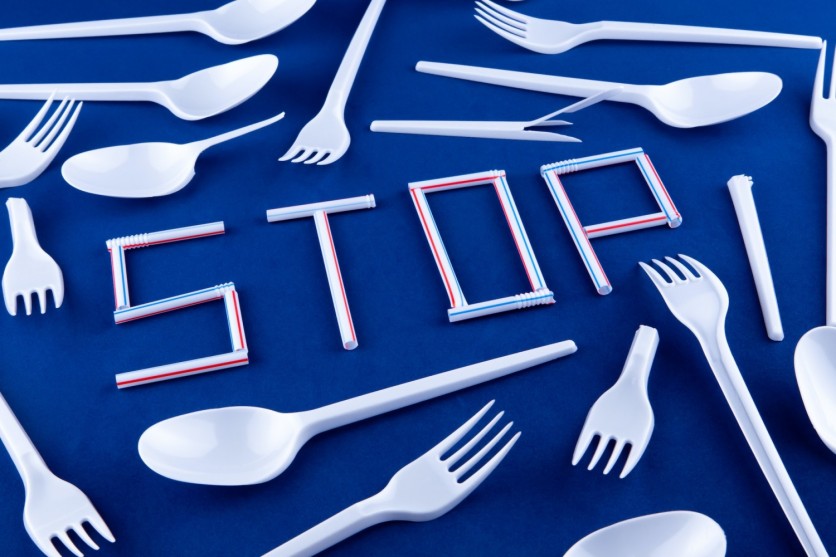The English government has declared that it will outlaw single-use products like plastic utensils, plates, and trays in an effort to minimize pollution.
Statistics show that England goes through roughly 1.1 billion non-biodegradable plates and 4.25 billion pieces of disposable tableware annually, with barely 10% of each being recycled.
Meanwhile, most trash in the world's seas consists of disposable food and drink containers and utensils.

Introduction of Banning Single-use Items
After a month of speculations, Environment Secretary Thérèse Coffey has now confirmed that she would be banning a variety of disposable plastic goods, The Guardian reports.
The Department of Environment, Food, and Rural Affairs (Defra) deliberated on the matter from November 20, 2021, to Feb. 1. Therefore, this decision was made after that process was completed.
According to Coffey, a plastic fork may take 200 years to degrade, which is two centuries in the landfill or poisoning the seas.
"I am determined to drive forward action to tackle this issue head-on. We've already taken major steps in recent years - but we know there is more to do, and we have again listened to the public's calls," she added.
As per the expert, this new prohibition will have a tremendous influence on halting the waste of billions of pieces of plastic and assist in maintaining the natural environment for future generations.
On Saturday, Jan. 7, the English government plans to announce feedback from a public consultation on proposals to outlaw some types of single-use plastic that are often discarded in the country's streets.
Reportedly, the prohibition would include the use of plastic utensils, plates, and trays. Similar prohibitions have been enacted in Scotland and Wales.
And it is worth pointing out that the UK government has already prohibited throwaway plastic straws, stirrers, and cotton buds in England as of 2020.
Gaps in the New Regulation
On the other hand, it seems the latest effort is not thorough. The restriction will include plastic plates, bowls, and trays used in restaurants, cafes, and takeaways but not in other public places like supermarkets and stores, as reported by the Daily Mail.
The government claims it is taking additional measures to address the issue of "primary packaging," which would apply in the latter instance, based on the consultation paper issued in November 2021.
Some activists have reportedly criticized the sluggish speed of development and the restricted reach of such a ban. Others have underlined the need to concentrate on decreasing trash at the source. Nevertheless, all agree that the initiative to prevent non-biodegradable plastics is a positive step.
Greenpeace UK political campaigner Megan Randles applauded the decision but compared it to "grabbing for a mop instead of shutting off the water."
"We need the government to deliver a meaningful plastic reduction strategy, which means bringing in plastic reduction targets and a proper reuse and refill scheme," Randles remarked.

ⓒ 2026 TECHTIMES.com All rights reserved. Do not reproduce without permission.




